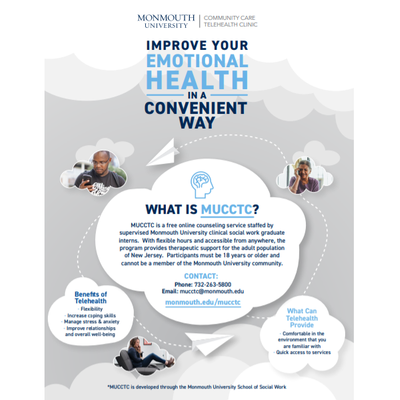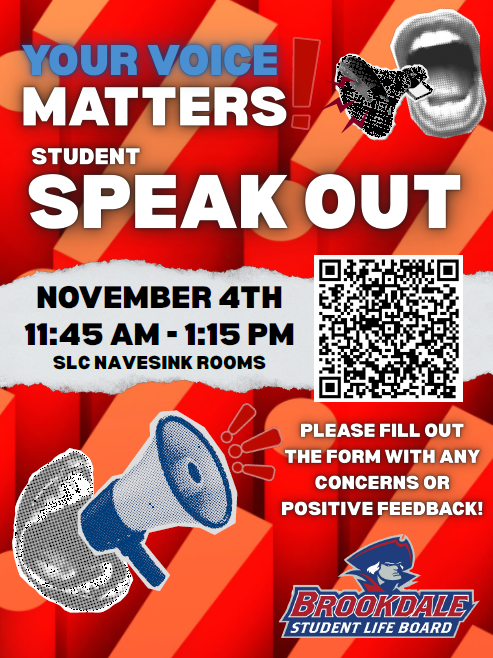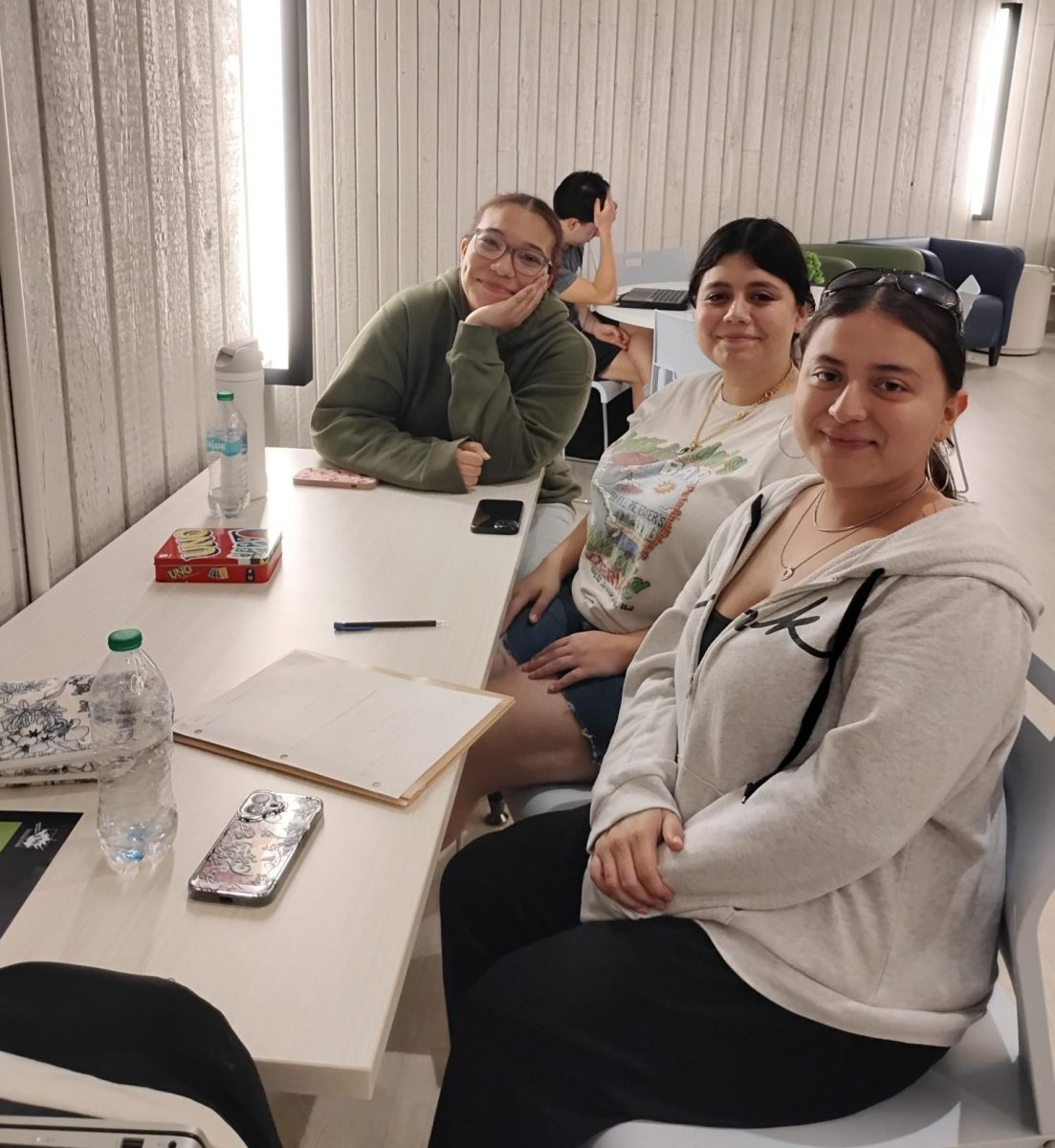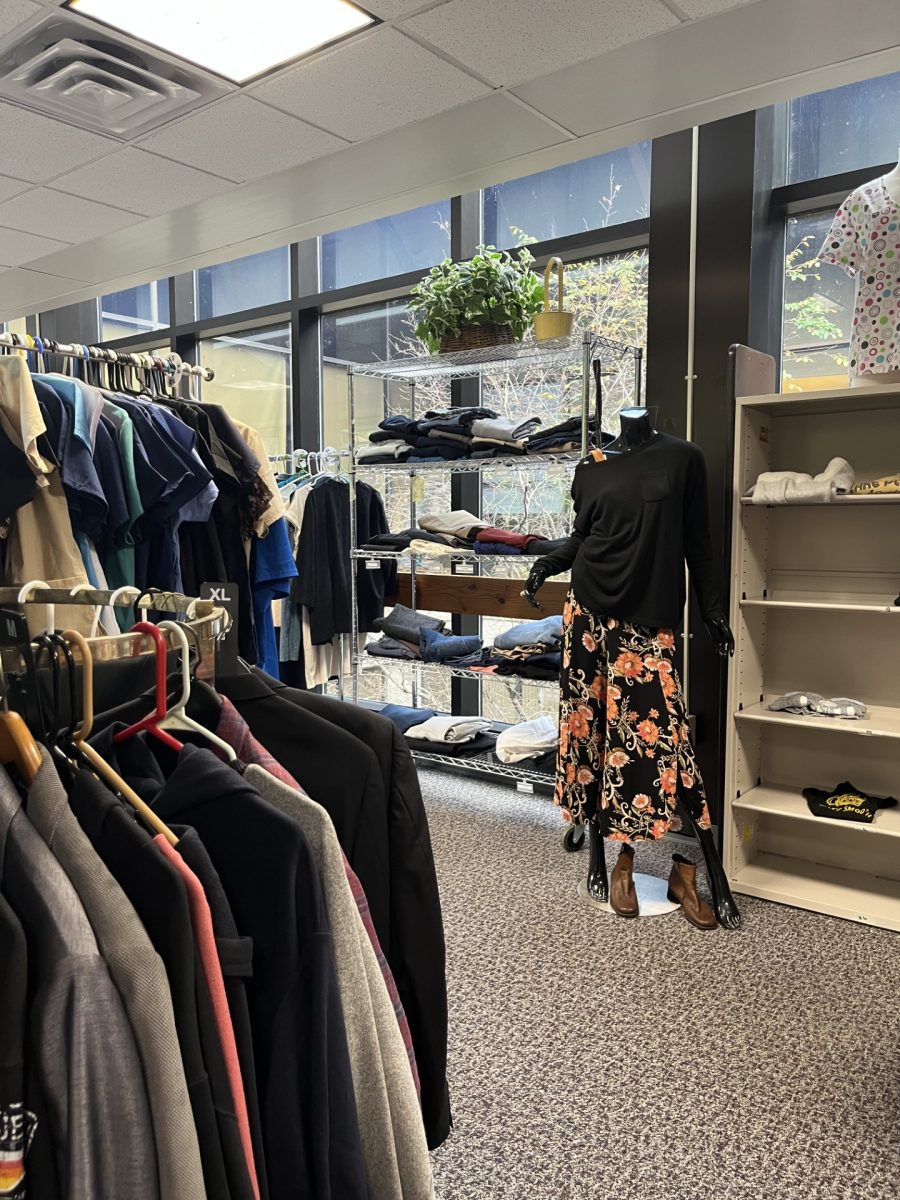It’s Not Just You: COVID-19 Challenges Mental Health

February 28, 2021
Mental health has always been a societal concern, but COVID-19 has made the issue much more obvious than ever before. “For a lot of my clients this year has been about surviving, not getting to actually live,” said Amanda, a 33-year-old licensed clinical social worker from Sayreville.
Many people have experienced the start or worsening of mental illness symptoms. “My anxiety has gotten much worse since COVID started,” said Jessica Pelter, a 37-year-old journalism and media studies major from Tinton Falls. “And my anxiety can affect my parenting decisions.”
“I feel like anxiety has affected me the most throughout this entire pandemic, because this is something we’ve never really dealt with before,” said Stefan Novogrodzky, a 21-year-old paralegal studies major from Morganville.
This anxiety seemed to skyrocket the most when it became more obvious that the pandemic was not ending, but rather continuing to grow. “It was when people started going back to work and school that the weight of the pandemic hit them, and I started getting more calls for new clients,” said Amanda.
“People are not used to working remotely,” said Eleanor Horgan, 73-year-old Department Chair for Counseling at Brookdale Community College and licensed family and marriage therapist from Wall Township.
“For some people, it’s been a little bit of a loss of identity because without the things that bring them joy, they don’t know who they are,” said Amanda. “It’s learning to cope without any coping strategies.”
Students, those in college especially, are heavily impacted. “I signed up for in-person classes, and now everything is virtual,” said Novogrodzky, “It’s very different handing in assignments and interacting with people.”
Horgan said, “I’m worried most about the overall mental health and the overall ability for students to be able to socialize with one another. This is the age when the developmental stage in life is to move away from family and toward friends, develop your identity and set up plans to live your life—that’s thwarted.”
“It’s a missing piece in development that then puts a void there for you. What fills that gap? Social media helps, but it’s not the same thing. It’s limiting,” Horgan said.
Brookdale is working to provide students with resources. Student Life and Activities has organized multiple opportunities for students to safely connect. Counselors such as Horgan have advertised the Monmouth University Community Care Telehealth Clinic, which is a free online counseling service, staffed by supervised Monmouth University clinical social work graduates, that is available for all adults at Brookdale, or within the rest of New Jersey.
“I really like telehealth. It provides a sense of flexibility, and it minimizes the amount of running around I have to do and helps me keep my distance, which helps my anxiety in that way,” Pelter said.
Brookdale has access to Sylvina Mendez, a social worker who works for the county of Monmouth and helps students locate temporary housing and food, as the on-campus service Helping Hands does. The college has additionally helped students apply for aid from the CARES Act, which supplies tuition money for those in need. Brookdale also opened a vaccine center on campus, which has been hugely appreciated by the community.
One of the largest projects Brookdale has been working on to help students’ mental health is being led by TIN, The Innovation Network. “Right now, we are working on a monarch waystation and meditation garden, which started out as just a butterfly garden,” said Maeve Maguire, a 20-year-old math and science major and TIN President from Middletown. “Last year a professor from the Psych department sat in on a meeting and talked about the mental health crisis on campus, so we incorporated that element.”
“In leadership meetings, people are talking about themselves and the students within their clubs, about how difficult it is to be virtual all the time for so long,” said Maguire. “So the conservation component with the monarchs and the components with mental health is I think what will benefit the student body.”
“We’ve been compromised as a society, so now I’m just going to keep wondering if it’ll happen again,” Pelter said.
“It is ‘normal’ to feel overwhelmed and out of place,” said Horgan. “There’s going to be a serious ‘new normal’ with face coverings and self-protection in the future.”
“You might not feel it, and you might not believe it because whatever you’re feeling is so strong, but there are those who really do love and care about you and want you to be okay,” said Amanda. “You are able to get through this, you just might not feel it yet.”
Monmouth University Community Care Telehealth Clinic: (732) 263-5800
Monmouth Medical Center Mental Health Emergency Services (If you are in an immediate personal/psychiatric crisis.) (732) 923-6999
Monmouth County Health Department Hotline (732) 845-2070
2nd floor Youth Help Line of NJ (If you just need to talk to a professional about anything call or text.) (888) 222-2228
























